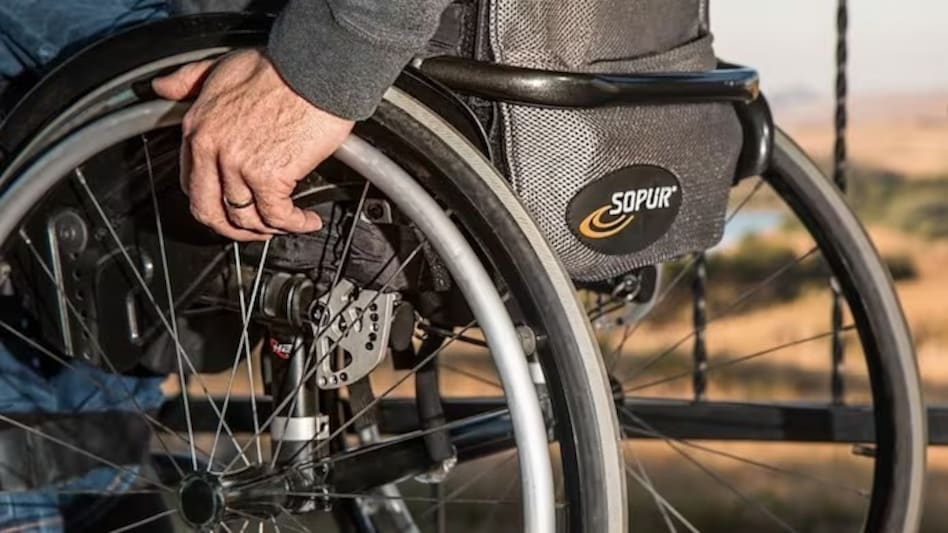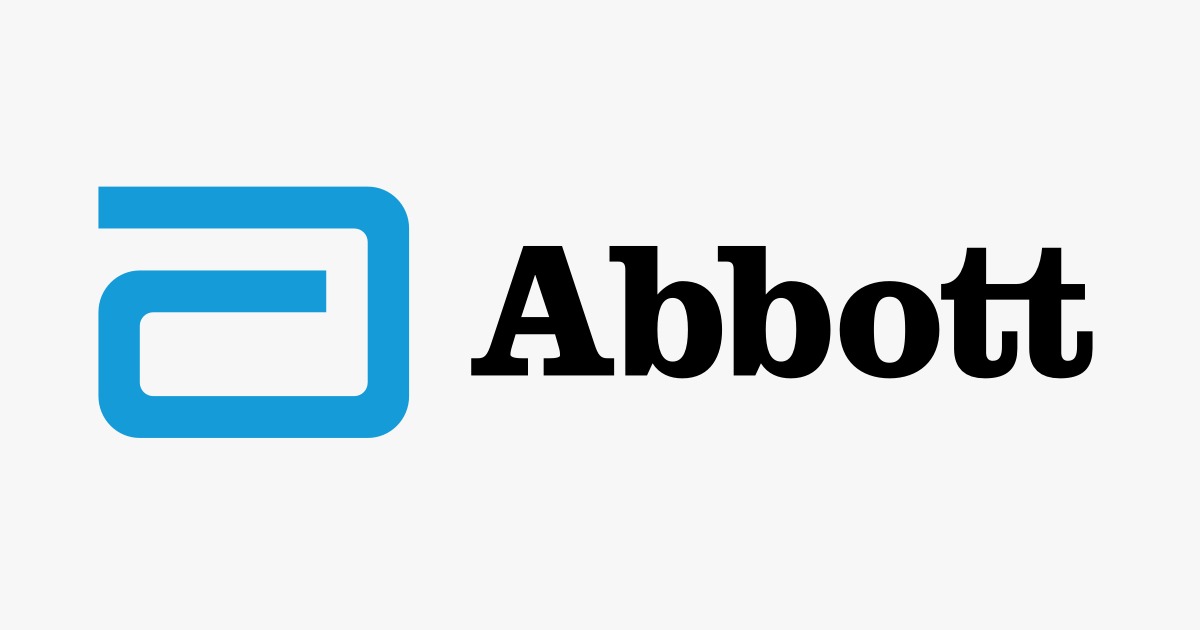The Ministry of Social Justice and Empowerment has started putting its concern on certification programs for persons with disabilities(PwD), as more and more entities in the private sector are recruiting them.
“We want to ensure that individuals with disabilities receive recognition for their skills. The government is making efforts to integrate accessibility topics into educational curricula, emphasising the importance of preparing students for an inclusive and diverse workforce,” said Rajesh Aggarwal, Secretary, Department of Empowerment of Persons with Disabilities.
The Secretary noticed that the private sector’s blooming interest in recruiting individuals with disabilities, particularly in visual elements. “Certification is crucial,” he stated, brooding the balance between legal actions and cooperative approaches.
On the sidelines of the Inclusive India – Digital First Summit held on December 14, Aggarwal spoke about the current focus on accessibility, looking on past campaigns such as the barrier-free initiative and the Accessible India campaign. “Accessibility is not just about ramps; it’s a comprehensive effort,” he stated, focusing on the need to adapt to an evolving landscape. From tactile tiles to digital platforms, the government’s effort to inclusivity has observed a transformation, with digital elements now playing a important role.
Aggarwal also focused on digital challenges faced by individuals with disabilities, citing issues with services like Uber and Ola. “Digital accessibility is non-negotiable,” he said, marking the evolution of laws and notifications from 1995 to 2016 to implement accessibility standards in the digital world.
The Secretary further highlighted the collaborative efforts required for inclusive education. “The community, government, and corporations need to collaborate,” Aggarwal said. He shared poignant challenges faced by students, highlighting the key role of collaboration across sectors to make sure the accessibility to education and essential services.
Addressing the change in educational preferences, Aggarwal discussed challenges and initiatives. “We’re witnessing a shift from Braille to audio resources,” he noted, citing initiatives like Sugamapustkalia, providing a huge library of Indian books for mobile accessibility. Concerns about blind students being kept away from few important subjects post 8th or 10th grade displays the necessity for adaptive educational plans.
Recognising the capabilities of blind individuals, Aggarwal praised the companies like IBM and Microsoft for recruiting blind coders. “STEM education needs to be tailored to unique needs,” he said, showing the government’s commitment to advancing educational opportunities for all.
The secretary also put eye on the increasing challenges faced by the deaf community, mainly in language development. “Efforts to promote sign language from an early age and address the dropout rate for deaf students highlight the urgency in addressing these unique challenges,” he said.
Speaking about digital accessibility, Aggarwal focused on the importance of legislation and collaborative engagement. “AI is the future,” he said, showing optimism about advancements in AI improving image and video descriptions for the visually impaired.
The summit targeted to include 15 % of the world’s population by applying digital accessibility and making web and mobile accessible to person’s with disabilities.




